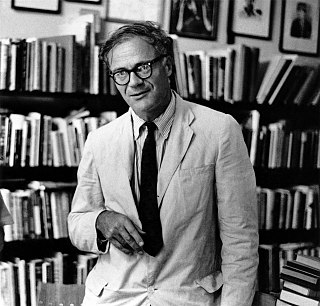A Quote by Christian Wiman
Mandelstam is the sort of poet who comes along very, very rarely. Even the two Russian poets whose work is often linked with his - Anna Akhmatova and Marina Tsvetaeva - though their work is more "urgent" than most American poetry, seem to me to operate at a lesser charge than Mandelstam.
Related Quotes
I tend to like the way poets form communities. Writing can be lonely after all. Modern life can be lonely. Poets do seem to be more social than fiction writers. This could be because of poetry's roots in the oral tradition - poetry is read aloud and even performed. I'm just speculating, of course. At any rate, because poets form these groups, they learn from one another. That is one of the best things about being a poet.
As a younger person, I was obsessed with Ray Bradbury, and I think his stories did more to shape me as a storyteller than anybody else - even though, when I read them now, a lot of them seem overly sentimental. But that's probably the writer that I've thought about the most, even though I don't necessarily like a lot of his work.
When we look at the arts and letters in America, especially if we look at poetry, and poetry set to music, this dialogue, we have this very powerful beautiful, eclectic, diary, or narration of being in America, being American, participating in America, becoming more of America and also as an American, the American creative spirit, which is quite interesting. Our composers and poets have spent more time writing and thinking and speaking out of what it means to be a composer or poet as well as to be an American, or a composer or poet In America; both relationships.
The strong bond of sisterhood was a famous trait in classical art and literature about Amazons. But it was modern people who interpreted that as a sexual preference for women. That started in the 20th century. The Russian poet Marina Tsvetaeva declared that Amazons were symbolic of lesbianism in antiquity.
People probably long for something genuinely personal in a society where the personal is often indistinguishable from the "personalized." Maybe the poetry audience member is searching for his or her own "personal space" and they expect the poet to be a sort of avatar of the private life. But that sort of representation is distasteful to me. Asking a poet to represent the personal life is, paradoxically, to turn the poet into something other than a person.
When I attended the Berkeley Poetry Conference in 1965, I was very inspired. The collaboration of many poets from these alternative traditions - though there were not enough women - who were very much more influenced by, say, Asian forms or by Mantra or by thinking politically through their work in deeper ways really stuck with me.
Perhaps even more than constituted authority, it is social uniformity and sameness that harass the individual most. His very "uniqueness," "separateness" and "differentiation" make him an alien, not only in his native place, but even in his own home. Often more so than the foreign born who generally falls in with the established.
Drawing is more fun to me than writing. I think it's interesting to talk to different cartoonists about how those activities work for them. I'm a very writerly cartoonist. I certainly spend more time on the writing than I do on the drawing, even though the drawing, of course, is very time-consuming.



































